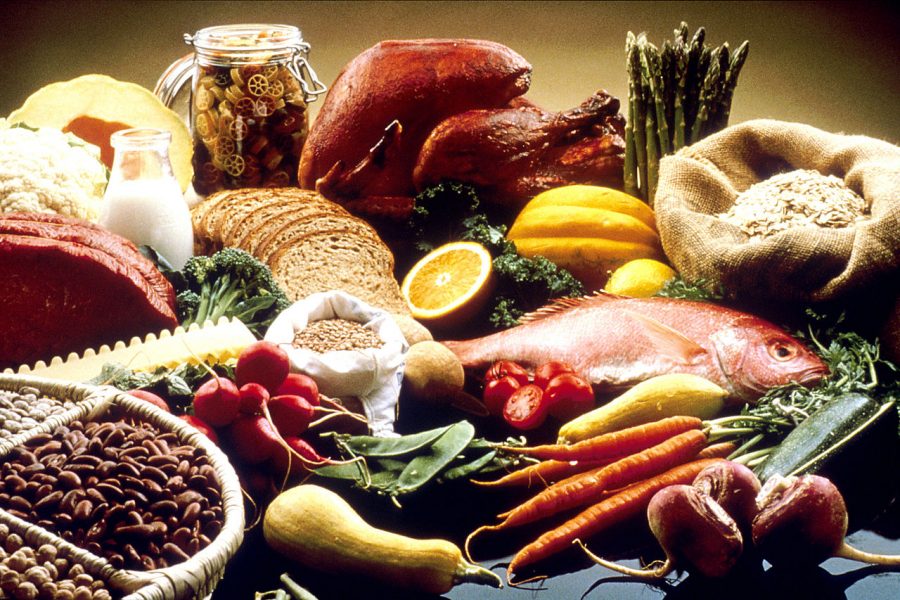Organic Foods
February 4, 2020
Ever wondered how the vegetables that you eat are made? Organic foods are grown and then processed. They must be grown without synthetic pesticides, bioengineered genes, petroleum-based fertilizers and sewage based fertilizers. Organic livestock must be raised to become meat or make eggs, they are supposed to eat organic feed and have access to the outdoors according to helpguide.org. Vegetables cannot be grown in greenhouses and they also can’t use special pesticides to make them grow.
Organic foods have several benefits. One is that they contain fewer pesticides, the chemicals that are used when farming remains in non organic foods such as fungicides, herbicides, and insecticides. They also stated that organically raised animals are not given any growth hormones, antibiotics and animal byproducts, if the animal is given byproduct to eat it can increase the disease mad cow disease (BSE)
Organic farms still use pesticides to grow crops, the only difference is that they use natural pesticides. Studies show that even the use of a little dose of pesticides can increase the risk of certain cancers like leukemia, lymphoma, brain tumors, breast cancer and prostate cancer. Some labels contain overstatements on the iron label they can also completely lie about how much iron it contains or even other things in it.
According to ams.usda.gov USDA organic products have a strict production and labeling requirements including:
- Produced without excluded methods, (e.g., genetic engineering, ionizing radiation, or sewage sludge). Policy on genetically modified organisms (pdf)
- Produced using allowed substances. View the National List of Allowed and Prohibited Substances (National List).
- Overseen by a USDA National Organic Program-authorized certifying agent, following all USDA organic regulations
Products cannot be labeled organic without it being certified that it is. You must not make an organic claim or use the USDA seal you can only use these if you have been certified, if you do you will be fined 17,000.
Some organic foods that you can buy are apples, sweet bell peppers, cucumbers, celery, potatoes, grapes, cherry tomatoes, kale/ collard greens, summer squash, nectarines (imported), peaches, spinach, strawberries, and hot peppers. There are foods that you don’t need to buy organic which are asparagus, avocado, mushrooms, cabbage, sweet corn, eggplant, kiwi, mango, onion, papaya, pineapple, sweet peas (frozen), sweet potatoes, grapefruit, and cantaloupe, you can make some yummy meals out of these ingredients.
I asked anonymous about what types of organic foods they eat and they said, “I eat all types of food and whatever my mom makes for dinner is what I eat.” He also included that he usually likes to drink organic milk.
Organic foods are very important to us. We make meals for our families out of them and we need them to help keep our health good so they are very important to our everyday needs. Organic foods do sometimes lie about what they contain in them, they do have lower pesticides after they are put onto store shelves, so they could be considered healthier than non-organic foods.
